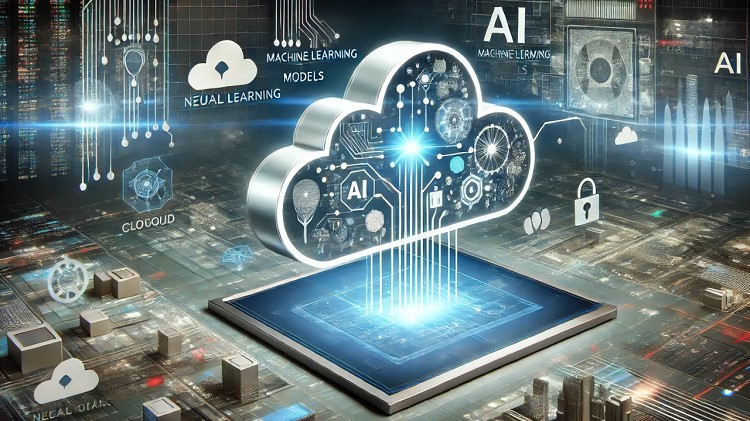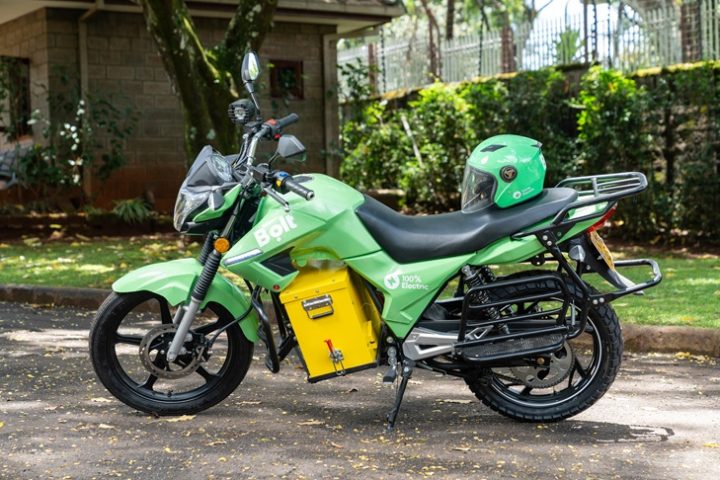Workers today already trust AI to do roughly 43% of their work tasks, indicating a shift among workers to offload tasks to AI.
Leaders trust AI to do more of their work than employees do — leaders trust AI to do 51% of their work, while rank-and-file workers trust AI to do 40%.
77% of global workers will eventually trust AI to operate autonomously. This number includes:
10% of global workers who trust AI to operate autonomously today.
26% of global workers will trust AI to operate autonomously in less than three years.
41% of global workers will trust AI to operate autonomously in three or more years.
While workers prefer AI-human collaboration, they’re starting to trust AI to handle certain tasks alone
Today, 54% of global workers trust humans and AI to do most work tasks together.
When asked if these workers trusted AI to do any of these same tasks autonomously, the answer was some for a small group. Tasks they felt comfortable offloading to autonomous AI included:
15% trust AI to write code autonomously.
13% trust AI to uncover data insights on its own.
12% trust AI to develop internal and external communications without a human.
12% trust autonomous AI to act as their assistant.
Other tasks, according to respondents, require having a human involved right now. Global workers are most likely to trust humans alone to do the following:
47% trust humans alone to be inclusive.
46% trust humans alone to onboard and train employees.
40% trust humans alone to keep data safe.
Human involvement and enablement can pave the way to an autonomous AI future
Human involvement is needed to build trust in AI.
63% of global workers say more human involvement would build their trust in AI.
Concerns about AI may come from a lack of understanding. Fifty-four percent of global workers say they do not know how AI is implemented or governed in their workplace.
Workers knowledgeable about how AI is implemented and governed in their workplace are five times more likely to say they will trust AI to operate autonomously within the next two years than those who are not knowledgeable.
The AI Knowledge Gender Gap: Males are 94% more likely to say they are knowledgeable about how AI is implemented and governed in their workplace compared to females.
Training may be another key to trusted autonomy
62% of workers say more skill-building and training opportunities would build their trust in AI.
“Workers are excited about an AI-powered future and the research shows us that human engagement can help us get there. By empowering humans at the helm of today’s AI systems, we can build trust and drive adoption – enabling workers to unlock all that AI has to offer,” says Linda Saunders, Salesforce Director, Solutions Engineering Africa.
Related Content: 10 Artificial Intelligence Terms Everyone Should Know












